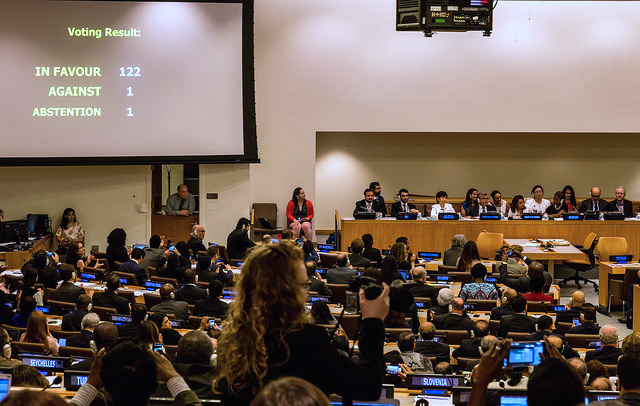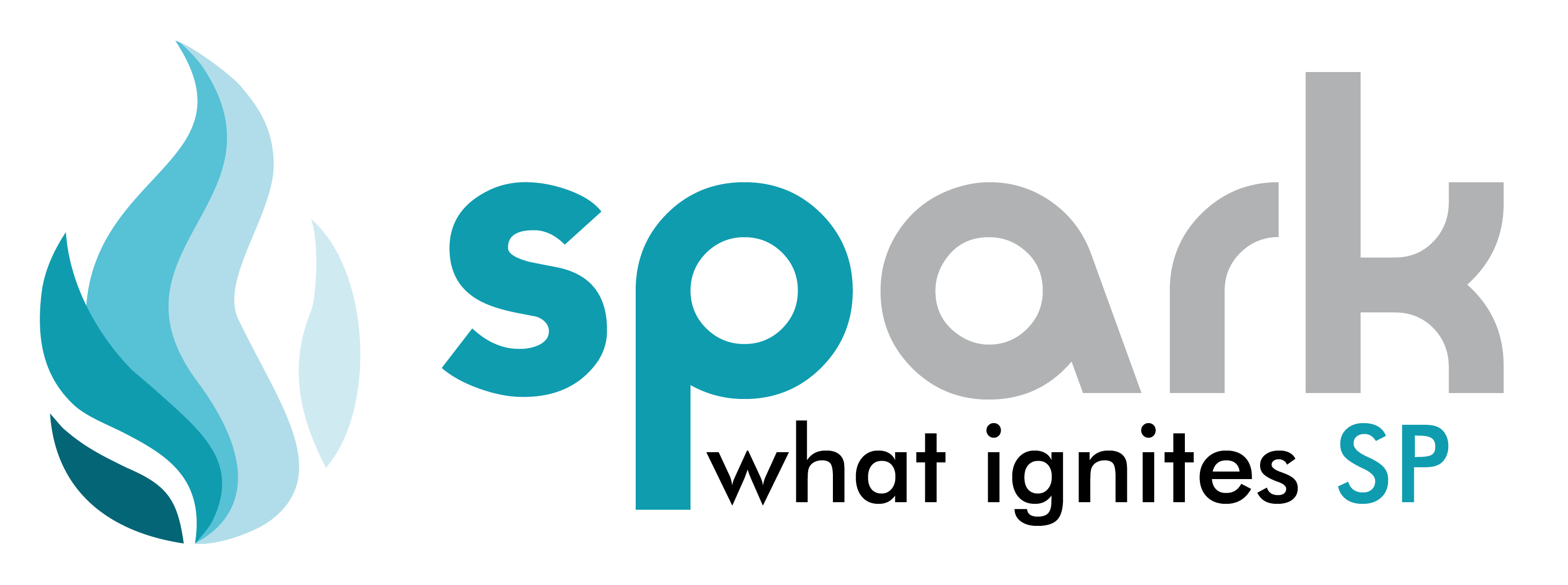The beginning of October witnessed the announcement of the laureates of the most illustrious award that recognizes academic, cultural and scientific advances. In light of North Korea detonating its most powerful nuclear bomb yet and President Donald Trump planning to decertify the Iran nuclear deal, the Nobel Peace Prize 2017 was awarded to International Campaign to Abolish Nuclear Weapons (ICAN). Read on to learn more about this organization and the reasons behind commemorating it.

The origins of ICAN :
Headquartered in Geneva, Switzerland, ICAN works to eradicate nuclear weapons from the face of the earth. ICAN itself was founded by another Nobel Peace Prize winner – International Physicians for the Prevention of Nuclear War(IPPNW). A group launched by physicians from the United States and the Soviet Union during the cold war, IPPNW decided to launch a new campaign in 2007 aimed at bringing about an international treaty banning and eventually abolishing nuclear weapons around the globe and thus, ICAN was born.
Ideology:
Taking inspiration from the International Campaign to Ban Landmines, the founders styled it around this group which had worked to bring about an international treaty banning the use of anti-personnel landmines globally. ICAN is a coalition of grassroots non-government groups in more than 100 nations which works to focus on the humanitarian threat posed by nuclear weapons, drawing attention to their unique destructive capacity and in time banning the complete use of nuclear weapons.

Revolutionary work done by ICAN :
The Dalai Lama declared,
I can imagine a world without nuclear weapons, and I support ICAN
ICAN is the architect of the Treaty on the Prohibition of Nuclear Weapons. On July 7, 2017, after two rounds of negotiations, the United Nations General Assembly conference that was in charge of the negotiations adopted this treaty by a vote of 122 to 1, with one abstention. The Netherlands was the only country involved in the conference to vote against the treaty, while Singapore abstained from the vote.
This treaty prohibits a full range of nuclear-weapons-related activities. This treaty is pivotal as it helps create international norms — standards of acceptable behaviour — against the use or possession of nuclear weapons. Having nearly two-thirds of the world’s countries sign on to a treaty banning nuclear weapons sends a powerful message to the rest of the world.
Setback:
The major obstacle, of course, is that many prominent members of the international community—and their allies—remain vocally opposed. The UN ambassadors for the U.S., Britain, and France said they had no intention of joining the treaty, arguing that it clearly disregards the realities of the international security environment. Rather than ban nuclear weapons and risk vulnerability, the U.S., Britain, and France, hope to strengthen the Nuclear Nonproliferation Treaty (NPT), which provides nations other than the five original nuclear powers—the U.S., Russia, Britain, France, and China—from pursuing nuclear programs.
Trivia:
The Norwegian Parliament appoints a five-person Norwegian Nobel Committee. This committee, in turn, invites qualified people to submit nominations for the Peace Prize. A shortlist is created from these nominations and after further deliberation, the winner is selected.
The reasons behind awarding ICAN :

The Nobel Committee bestowed the award to ICAN for its work on drawing attention to the catastrophic humanitarian consequences of any use of nuclear weapons and for its ground-breaking efforts to achieve a treaty-based prohibition of such weapons. The prize seeks to bolster the case of disarmament amid nuclear tensions between Washington and Pyongyang, as well as uncertainty over the fate of the 2015 deal between Iran and major powers to limit Tehran’s nuclear program.
At a time when the threat from nuclear weapons feels more real than ever, the work done by ICAN is a safe harbour amidst rising tensions. As ICAN stated in its acceptance message,
This award shines a needed light on the path the ban treaty provides towards a world free of nuclear weapons. Before it is too late, we must take that path.

